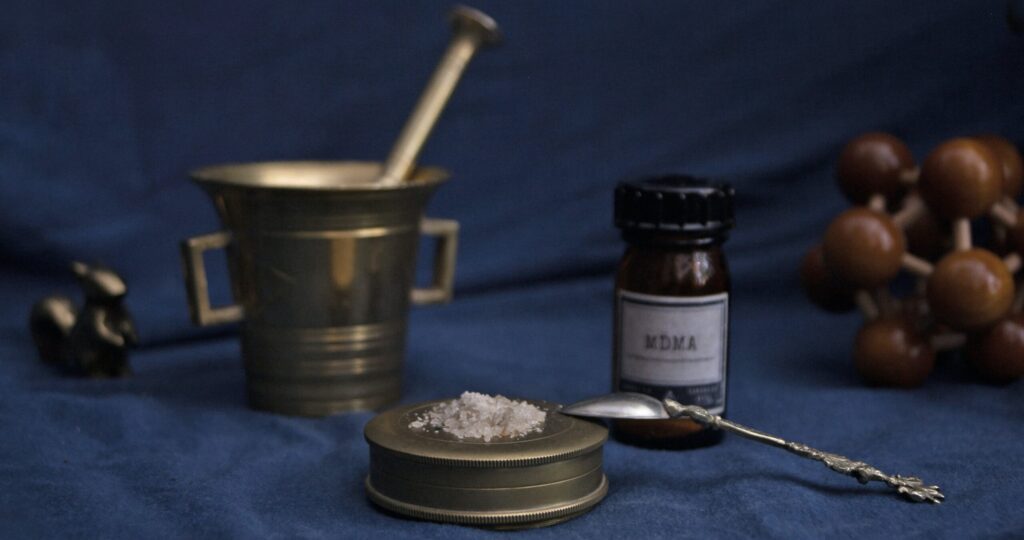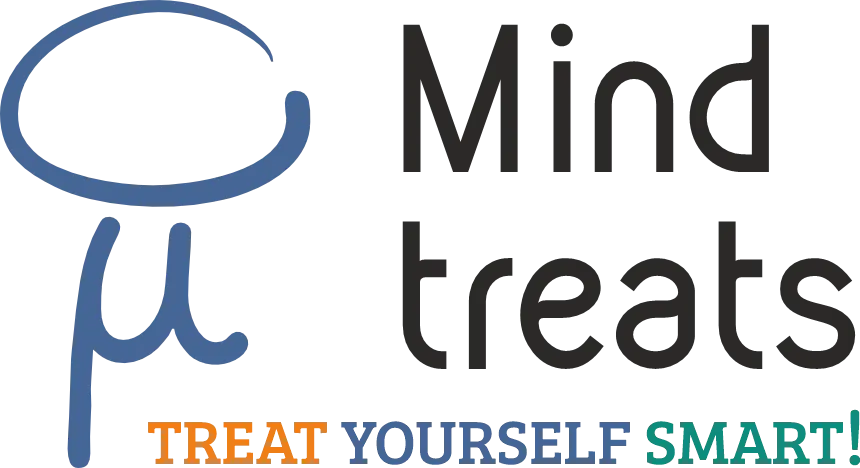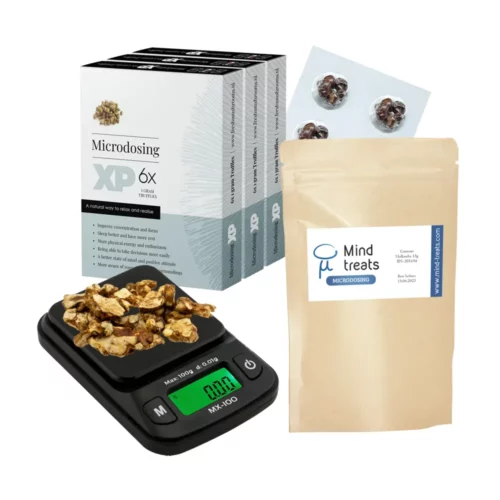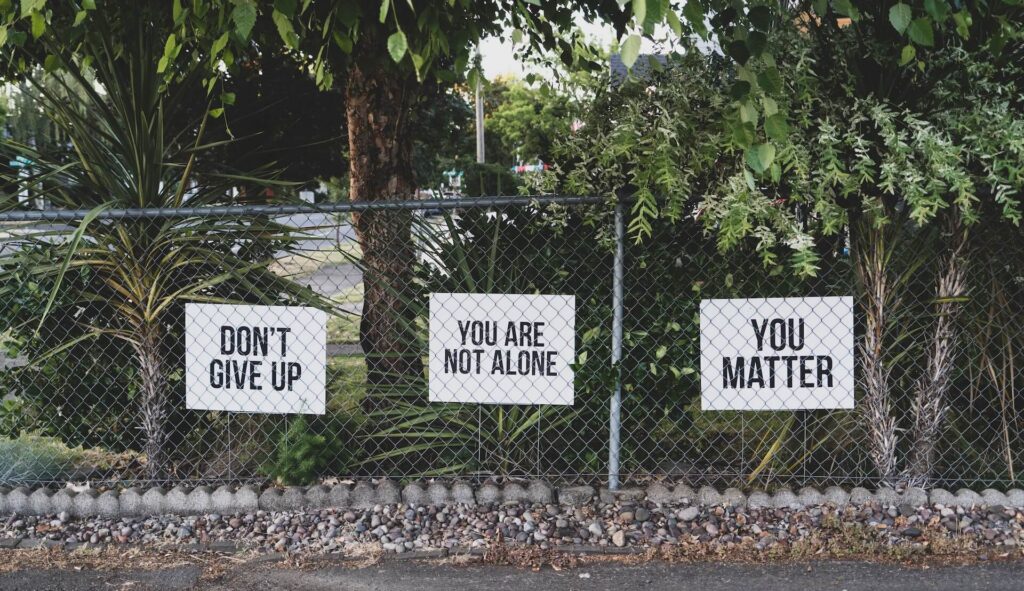Health, Psychedelics, Science
MDMA-Assisted Therapy for PTSD Now Available in Australia
Recognizing MDMA as a treatment for PTSD
In a groundbreaking move, Australia has officially recognized MDMA as a medicine for the treatment of post-traumatic stress disorder (PTSD). Starting from July 1, 2023, authorized psychiatrists will be able to prescribe medicines containing MDMA to individuals grappling with PTSD. This progressive decision also extends to medicines containing psilocybin, commonly known as magic mushrooms, for individuals with treatment-resistant depression. Let’s explore the therapeutic benefits of MDMA in treating PTSD and what this development means for those seeking relief.
Understanding MDMA and PTSD
MDMA, also known as 3,4-methylenedioxymethamphetamine, is classified as an empathogen drug. Its effects include increasing feelings of empathy, kindness, social acceptance, and connection to others. Although originally developed in the early 1900s to control bleeding, MDMA gained popularity in the 1970s and 1980s as a potential treatment for PTSD. However, it also became a recreational drug in the party scene during that time. PTSD affects 5-10% of Australians at some point in their lives. It is characterized by ongoing distressing symptoms following a traumatic event.
Current Research on MDMA and PTSD
Clinical research on MDMA as a therapeutic drug was halted in the mid-1980s due to its illegal status in the United States. It regained momentum with a groundbreaking study published in 2010. Since then, successful clinical trials have demonstrated significant improvements in PTSD symptoms. In 2017, the United States recognized MDMA as a breakthrough therapy. This lead to ongoing clinical trials across multiple locations worldwide. Follow-up research has shown MDMA-assisted treatment to be effective in improving PTSD symptoms, with 67% of participants no longer meeting the diagnostic criteria for PTSD after one year.
How MDMA Helps in PTSD Treatment
It’s important to note that MDMA alone is not a cure for PTSD. Rather, it facilitates the process of psychotherapy. MDMA can reduce defensiveness, anxiety, and increase relaxation and mood. Thereby it is enhancing the therapeutic bond between the patient and therapist. By alleviating anxiety associated with traumatic memories, MDMA enables individuals to work through their emotions without feeling overwhelmed or re-traumatized. Additionally, the substance may increase insight and memory, making negative memories less confrontational during therapy sessions.

Clinical MDMA vs. Recreational MDMA
It is crucial to distinguish between clinical MDMA and recreational MDMA. Clinical MDMA used in therapy is produced to pharmaceutical standards, ensuring known purity and strength. It is administered in a controlled and safe setting by trained health professionals during therapy sessions. On the other hand, illicit MDMA in the form of pills, powders, or crystals is unregulated, with unknown purity and strength. These substances are often adulterated or mixed with other drugs, increasing the unpredictability of effects and the risk of negative reactions.
Accessing MDMA-Assisted Therapy for PTSD
From July 1, 2023, individuals seeking MDMA-assisted therapy for PTSD can consult their general practitioner (GP) for a referral to an authorized prescribing psychiatrist. Initially, the number of psychiatrists offering this treatment may be limited, and it may be challenging to find a GP familiar with the process. Alternative options include participating in clinical trials, which can be explored through Australian Clinical Trials or contacting Mind Medicine Australia for further information. The Therapeutic Goods Administration (TGA) provides additional details on regulatory changes and access requirements.
The recognition of MDMA as a medicine for the treatment of PTSD marks a significant milestone in Australia’s approach to mental health and therapy. By combining the potential therapeutic benefits of MDMA with comprehensive psychotherapy, individuals with PTSD now have a new avenue for healing and recovery. This development opens doors to personalized treatment options, increased access to support.




